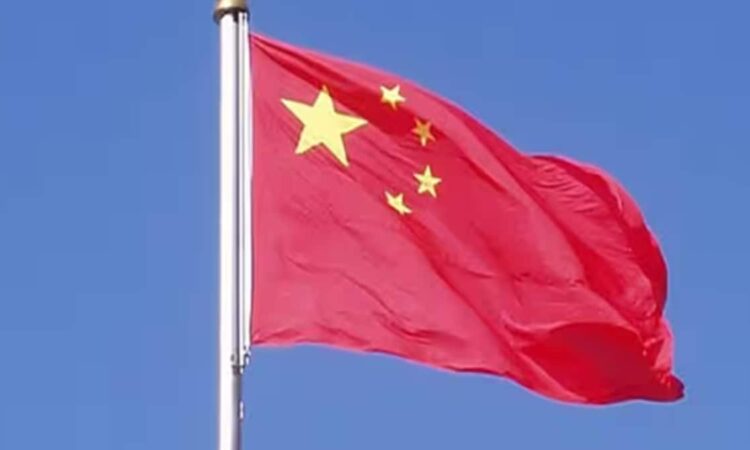Bidding war for investments: Companies with money to invest are in position to play govts against each other in search of best terms

Manufacturing companies looking for investment opportunities are going through a golden period, with several countries laying out the red carpet for them to counter a post-pandemic slowdown and focus on a China+1 strategy. It is a kind of bidding war, as countries battle against each other to attract companies to their shores.
Last week, Spain’s loss was the UK’s gain. The Tata group, which was looking at setting up a £4-billion electric-car battery factory in Spain, changed its mind and shifted the plant to UK— probably because of the financial incentives that the British government offered, which The Financial Times put at £500 million. Tata will also benefit from the “British Industry Supercharger”, a new energy subsidy package for 300 energy-intensive companies, providing support for many years.
The reason for the UK’s eagerness is simple: one, sales of petrol and diesel cars will end in the country in 2030. With an initial output of 40GWh, the Tata factory will provide about 40% of the battery production that the UK is estimated to need by that year. Besides, the factory will create thousands of jobs that its faltering economy so desperately needs.
Failure to secure this project would have also put a real question mark over the long-term viability of the UK car industry, which has already seen Tesla moving away on the grounds that Brexit had made it too risky to site a gigafactory in the country.
The UK government’s giveaways have attracted adverse comments, with Nick Macpherson, former treasury permanent secretary, saying that he was “full of admiration for Tata’s ability to extract ever higher rents from a desperate government.” But such cynicism has little meaning in a world that is witnessing a renewed era of industrial subsidies. The hard reality is that companies with money to invest are in a position to play governments against each other in search of the best terms.
In any case, the UK is certainly not alone in splurging money to attract investments. In an article for the FT, Kemi Badenoch, Britain’s business secretary, summed it up the best. “… It is a battle of wits competing with countries prepared to offer eye-watering sums to pry business away from our shores”, she wrote.
Look at what China has been doing all these years. Its government directs hundreds of billions of dollars in subsidies to favoured domestic companies every year, and does so at a far greater rate, relative to the size of its economy, than other developed and developing countries. The huge incentives by China led many countries, including the US, to complain for years that support from the Chinese government allows the country’s firms to offer artificially low prices and capture a larger share of the market.
But that’s a classic example of double-speak. Look at what the US itself has done with its Inflation Reduction Act—a canny piece of legislation that is offering incentives worth $370 billion to certain companies willing to locate production in that country. This is in part due to the supply chain disruption during the pandemic and Joe Biden’s stated aim of “de-risking” industrial relations with China via reshoring.
In July 2021, Congress
Europe isn’t far behind in this race to offer massive handouts. Within months of the US announcement, the EU advanced its own Chips Act, which will funnel roughly $47 billion in subsidies to semiconductor firms that set up shop in Europe. That’s because EU realised it can’t achieve a production ramp up alone—there are no European firms that can manufacture leading-edge chips. The plan is working—US chipmaking giant Intel is among the companies upping its investments in Europe, and has committed as much as 80 billion euros to boost chipmaking across the EU. The EU is also offering blended funding—a combination of tax benefits, cash grants, guarantees and loans—to provide capital to support investment and innovation.
Closer home, Indonesia has announced a massive subsidy programme for electric cars, scooters, and buses in its latest move to boost EV adoption in the country and help win investment deals with global EV makers, such as Tesla of the US and China’s BYD, in competition with regional countries like Thailand, which is also keen to become Southeast Asia’s EV manufacturing hub.
India has also joined the subsidy race—the $10-billion semiconductor incentives, for example, but with mixed results so far. Considerable success has of course been made through the productivity-led incentive schemes for various sectors—Apple, for example, is expected to produce a quarter of its iPhones in India.
But given the worldwide race for mega incentives, the road ahead is difficult. While it is almost impossible to match the money power of developed countries, the fact that money isn’t everything guides MNCs’ investment plans. India’s approach to trade liberalisation has been one step forward three steps back. The rush to sign free trade agreements to improve market access and reduce tariffs has been accompanied by import duties going up on at least 3,000 items, many of them on critical inputs in manufacturing processes. Also, there is still a lack of a level playing field. Truly disruptive reforms on land acquisition and quicker licensing have been elusive. Money is obviously a big motivator, but not the sole clinching factor for an investment decision.
shyamal.majumdar@expressindia.com






